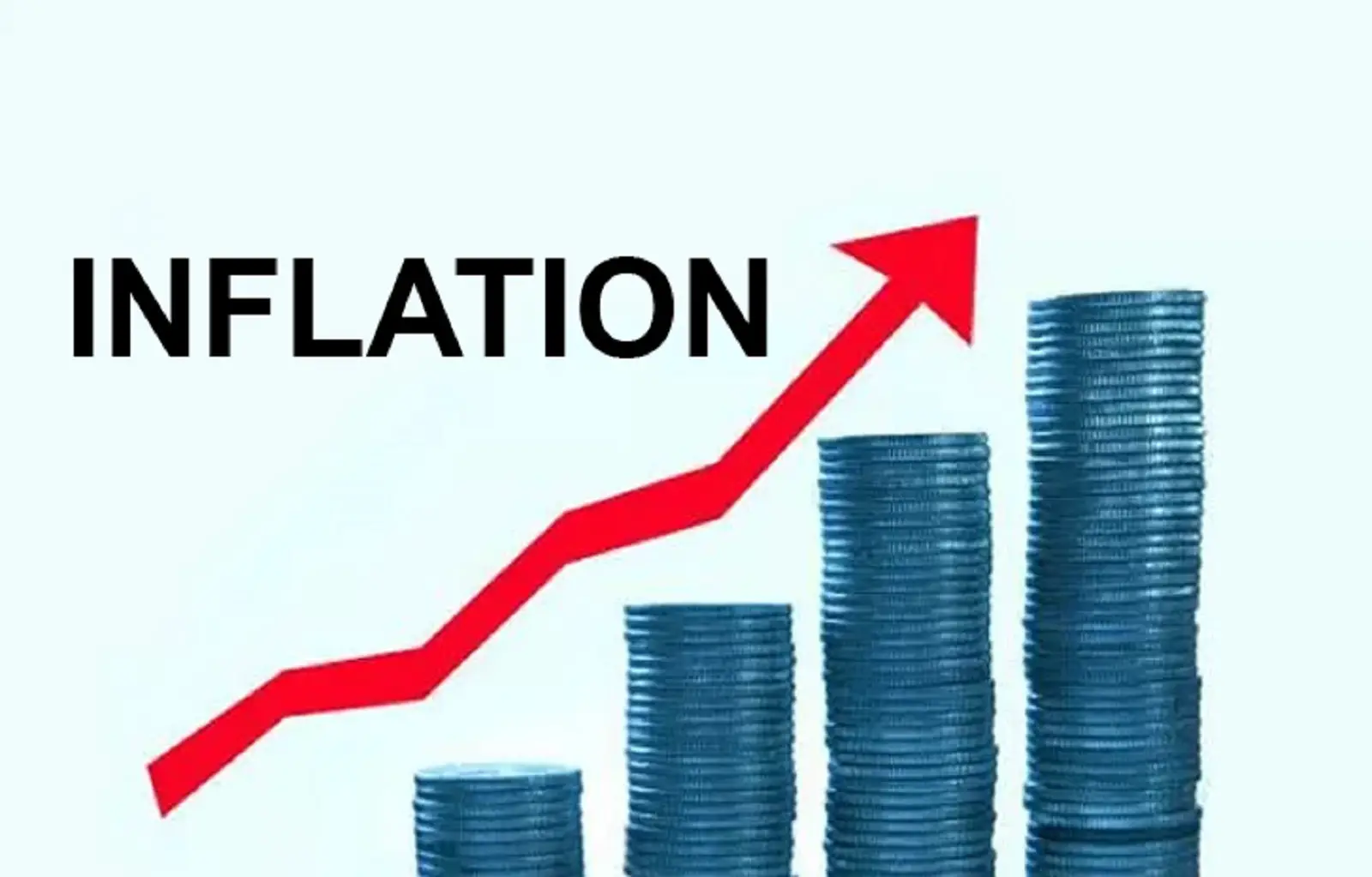The National Bureau of Statistics has disclosed a significant uptick in Nigeria’s inflation rate, which climbed to 27.33% in October.
Compared to the 26.72% recorded in September, there is a 0.61 percentage point increase in the current inflation rate.
In its Consumer Price Index (October 2023) that was released on Wednesday, the NBS stated, ‘In October 2023, the headline inflation rate increased to 27.33 per cent relative to the September 2023 headline inflation rate which was 26.72 per cent.’
‘Looking at the movement, the October 2023 headline inflation rate showed an increase of 0.61 percentage points when compared to the September 2023 headline inflation rate.’
‘Furthermore, on a year-on-year basis, the headline inflation rate was 6.24 percentage points higher compared to the rate recorded in October 2022, which was (21.09 per cent). This shows that the headline inflation rate (year-on-year basis) increased in October 2023 when compared to the same month in the preceding year (i.e., October 2022).’
The notable surge in inflation was primarily driven by increases in food and non-alcoholic beverages, housing, water, electricity, gas, other fuels, clothing, footwear, transport, and furnishings and household equipment and maintenance.
The ongoing inflationary surge is primarily a result of the removal of petrol subsidies and the devaluation of the official exchange rate.
In its latest projection, KPMG forecasts a potential rise in Nigeria’s headline inflation to 30% by December 2023, attributing this to the removal of fuel subsidies and the unification of the foreign exchange market.
As regards food sub-index for October 2023, Adeniran remarked that it increased to 31.52 per cent on a year-on-year basis, which was 7.80 per cent points higher compared to the rate recorded in October 2022 (23.72 per cent).
He explained that the rise in food inflation on a year-on-year basis was attributed to increases in prices of bread & cereals, oil & fat, potatoes, yam & other tubers; fish, fruit, meat, vegetables and milk, cheese, and eggs.
“However, on a month-on-month basis, the food inflation rate in October 2023 was 1.91 per cent. This was 0.54 per cent lower compared to the rate recorded in September 2023 (2.45 per cent). The decline in food inflation was caused by a decrease in the average prices of fruits, oil and fat, coffee, tea and cocoa, bread and cereals.
